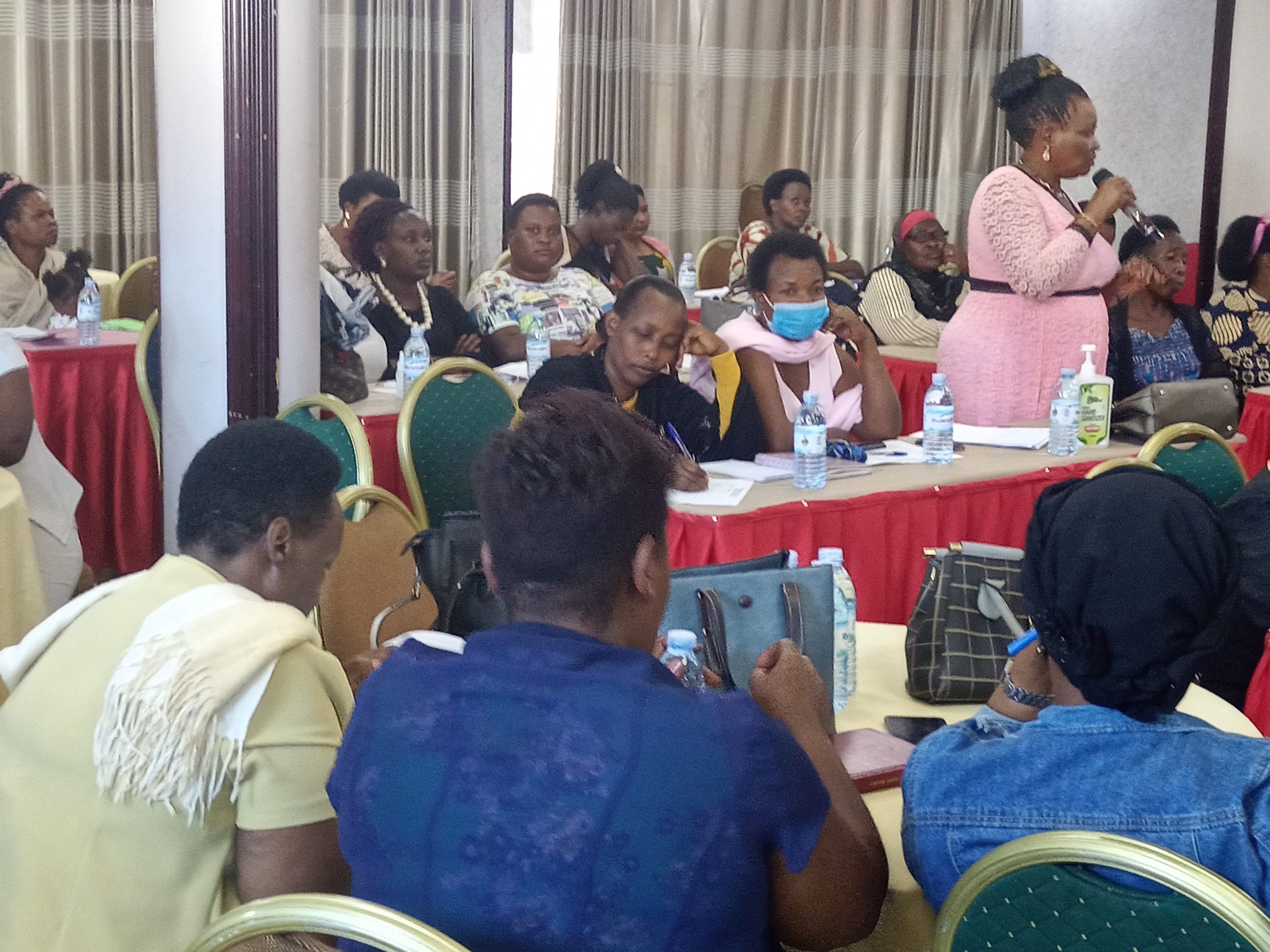This program aims at addressing issues that bring about disputes and
violence which affect women and girls and work towards changing people’s
attitudes and emotions that often fuel tensions. AWIDA implements actions
for devising peaceful conflict resolution and management mechanisms at
all levels of society, which will include working towards promoting dialogue,
consensus and compromise on issues that affect women and girls and
achieving harmony and appreciation of each other regardless of one’s
status in society. AWIDA undertake to a achieve the above objective
through a wide range of methodologies and activities including Networking
and linkages, meetings and roundtable discussions, media campaigns and
disseminating information, education and communication materials conflict
management and peacebuilding
At the close of 2016 and to mark International Migrant’s Day (18 Dec), IFRC’s Secretary General, Elhadj As Sy, delivered a special message to children, asking them to put aside negative perceptions about people who migrate and instead, welcome them into their communities and treat them with kindness and understanding. Here’s his message:
“International Migrants Day is an important day to think about all the people in the world who have had to leave their homes, including people who left because of wars or disasters, because they no longer had food or water, or because they wanted a better life for their families. Many of them even took dangerous journeys across oceans and deserts to find safety.”
At the close of 2016 and to mark International Migrant’s Day (18 Dec), IFRC’s Secretary General, Elhadj As Sy, delivered a special message to children, asking them to put aside negative perceptions about people who migrate and instead, welcome them into their communities and treat them with kindness and understanding. Here’s his message:
“International Migrants Day is an important day to think about all the people in the world who have had to leave their homes, including people who left because of wars or disasters, because they no longer had food or water, or because they wanted a better life for their families. Many of them even took dangerous journeys across oceans and deserts to find safety.”



